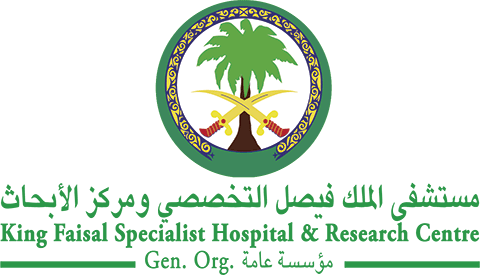Abstract
Objective/Background: Dysregulation of long noncoding RNA NORAD has been identified in human solid tumors. However, the expression profile of NORAD and its clinical implications in acute myeloid leukemia (AML) is unclear. The current study aimed to explore the NORAD expression status and its clinical significance in non-M3 AML patients. Methods: NORAD expression was evaluated in 60 de novo non-M3 AML patients and 49 healthy individuals using quantitative reverse transcription–polymerase chain reaction method. The correlation between NORAD transcription levels and clinicopathologic characteristics was statistically studied. Results: Compared with the healthy controls, NORAD was consistently higher in non-M3 AML patients (p = .01). Furthermore, initial NORAD upregulation occurred more frequently in patients with unfavorable cytogenetic risk (p = .02). The non-M3 AML patients were divided into NORAD high-expressing (NORADhigh) and NORAD low-expressing (NORADlow) groups based on the median NORAD expression level. Univariate analyses revealed that patients with high expression levels of NORAD had relatively poor overall survival (p = .03) and relapse-free survival (RFS) (p = .01). Additionally, multivariate analysis highlighted that NORAD upregulation was an independent risk factor for RFS.
Conclusion: Our observations indicate the fact that high expression of NORAD could be an unfavorable risk factor in non-M3 AML patients, and NORAD might be a novel therapeutic candidate for future treatments targeting AML.
Recommended Citation
Eslami, Mohammad Masoud; Soufizomorrod, Mina; and Ahmadvand, Mohammad
(2023)
"High expression of long noncoding RNA NORAD is associated with poor clinical outcomes in non-M3 acute myeloid leukemia patients,"
Hematology/Oncology and Stem Cell Therapy: Vol. 16
:
Iss.
1
, Article 7.
Available at: https://doi.org/10.1016/j.hemonc.2021.08.001
Creative Commons License

This work is licensed under a Creative Commons Attribution-Noncommercial-No Derivative Works 4.0 License.
Included in
Cancer Biology Commons, Hematology Commons, Oncology Commons

